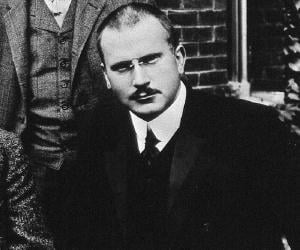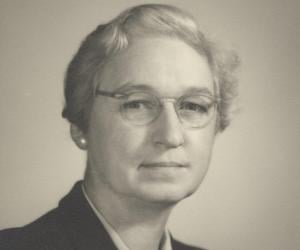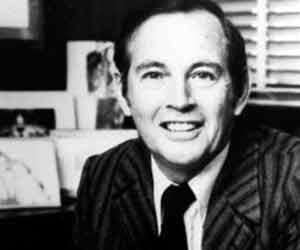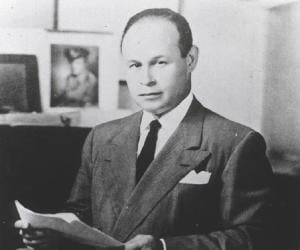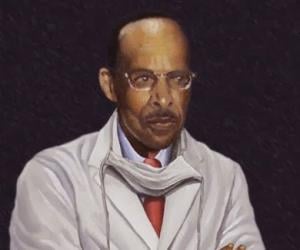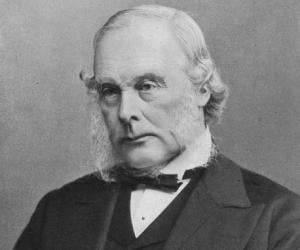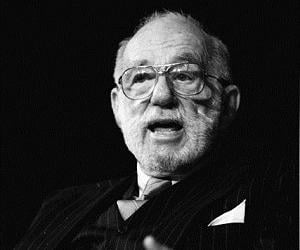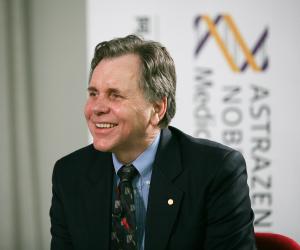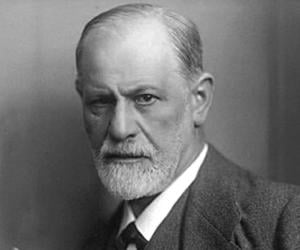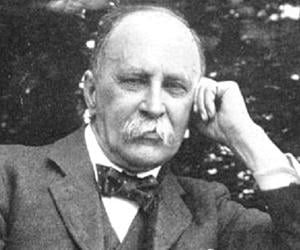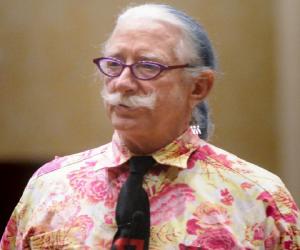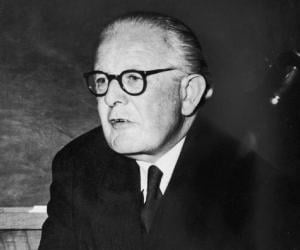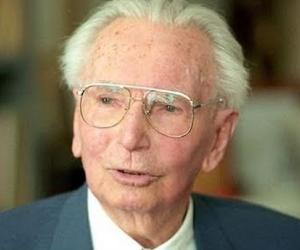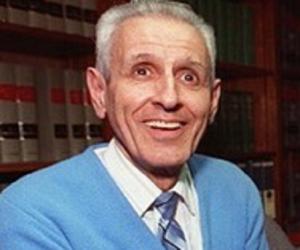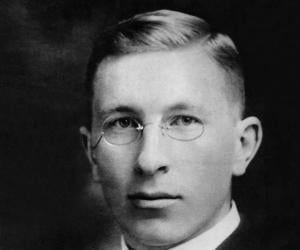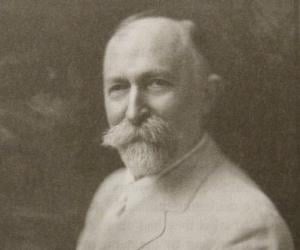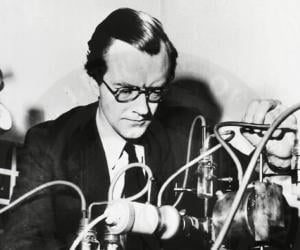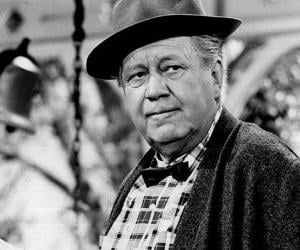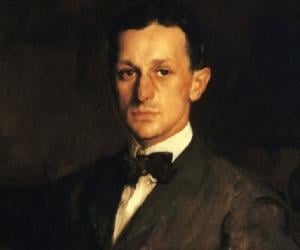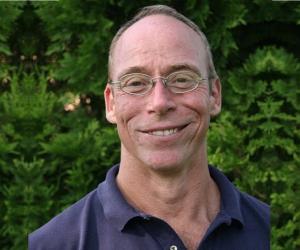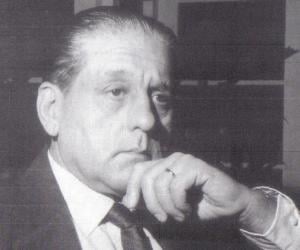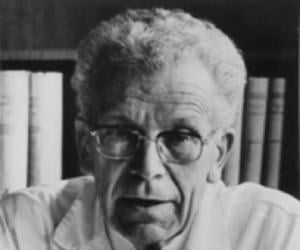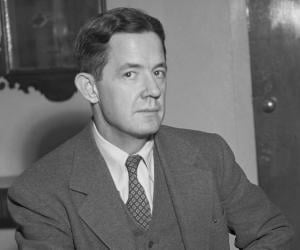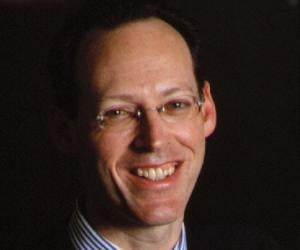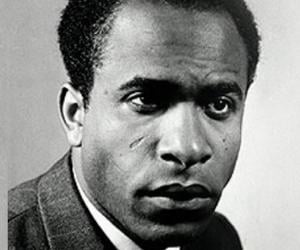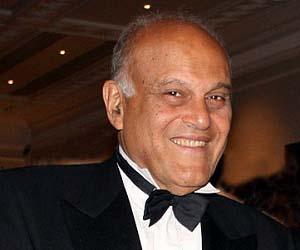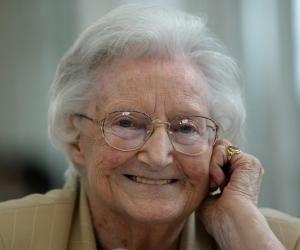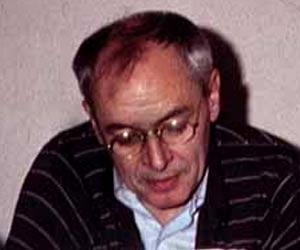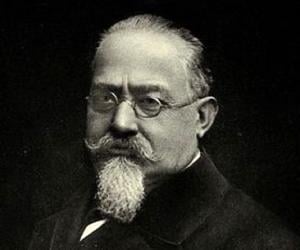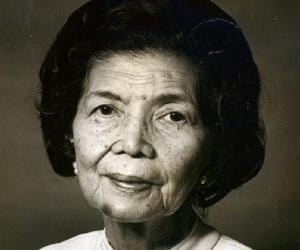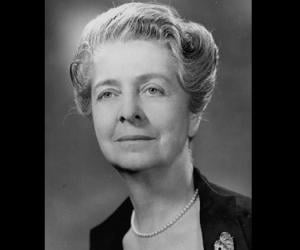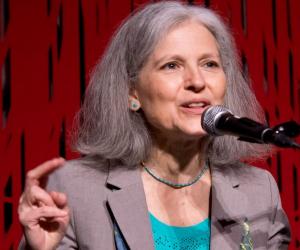Widely regarded as the father of analytical psychology, Carl Jung is one of the most important contributors to symbolization and dream analysis. The concepts of socionics and a popular psychometric instrument called Myers-Briggs Type Indicator (MBTI) were developed from Jung's theory. Apart from working as a psychiatrist and psychoanalyst, Carl Jung was also an artist, craftsman, builder, and prolific writer.
Born into a middle-class African-American family, Charles R. Drew initially excelled in football and track and field, and ended up earning athletic scholarships to fund his studies. He grew up to be a renowned surgeon and revolutionized the storage of blood plasma in blood banks.
Vivien Theodore Thomas was laboratory supervisor who never went to college; yet he rose above poverty and racism to develop a procedure for treating cyanotic heart disease. Initially billed as janitor, he began his career as assistant to surgeon Alfred Blalock first at Nashville University and later at Johns Hopkins, and in time discovered the life-saving technique, eventually becoming a teacher of operative techniques.
British surgeon Joseph Lister was a pioneer of antiseptic medicine usage and made a huge contribution to the development of preventive medicine for bacterial infection. His achievements have been honored by many, such as the makers of Listerine antiseptic and mouthwash, who named their product after him.
American paediatrician Benjamin Spock was the first paediatrician who studied psychoanalysis to comprehend needs of children and family dynamics. He penned Baby and Child Care, a best-seller book of the twentieth-century. His concepts of child-rearing influenced generations of parents. Spock was also an Olympic gold-medallist in rowing and ran during the 1972 United States presidential election as People's Party nominee.
Nobel Prize-winning Australian physician Barry Marshall, along with his colleague Robin Warren, proved that gastric ulcers were caused by the bacteria Helicobacter pylori and not by spicy food and other causes as previously believed. Their research made it possible to cure such ulcers by treating the bacteria with antibiotics.
Regarded as the father of psychoanalysis, Sigmund Freud was a neurologist. Despite suffering criticism, psychoanalysis remains influential in the fields of psychology and psychiatry; such is the influence Freud has on humanities. Scholars believe that Freud is one of the most influential personalities of the 20th century and that his impact is comparable to that of Marxism and Darwinism.
Johns Hopkins Hospital co-founder William Osler was also an avid historian. He redefined medical education with his emphasis on clinical experience and his book The Principles and Practice of Medicine. Born to a missionary father in Canada, he was to follow in his father’s footsteps but decided to study medicine instead.
Patch Adams is an American physician, clown, comedian, author, and social activist. Credited with founding the Gesundheit! Institute, Adams advocates an alternative health care model. He also organizes volunteers who travel to various countries every year in order to bring a smile to the faces of patients, orphans, and other people.
Austrian psychiatrist Viktor Frankl founded logotherapy. He also authored several books, most notably his bestselling autobiographical depiction of his ordeal at various Nazi concentration camps, Man's Search for Meaning. He had lost his parents, brother, and wife in the Holocaust. He later won honors such as the Oskar Pfister Award.
Jack Kevorkian was a pathologist who believed that euthanasia or mercy killing of terminally ill patients was necessary. He later claimed to have helped 130 patients die and earned the nickname “Dr. Death.” He was later convicted of murder for his role in the voluntary euthanasia of a patient.
Frederick Banting was a Canadian medical scientist and physician. In 1923, Banting and Scottish biochemist John James Rickard Macleod received the Nobel Prize in Medicine for the discovery of insulin and its therapeutic potential. Aged 32 at that time, Banting remains the youngest Nobel laureate in physiology or medicine. He was knighted by King George V in 1934.
Born in New Zealand, to a doctor father from Dublin, Maurice grew up to be a Nobel Prize-winning biophysicist. His X-ray diffraction studies of DNA helped James D. Watson and Francis Crick, his fellow Nobel laureates, ascertain the DNA structure. He was also part of the Manhattan Project.
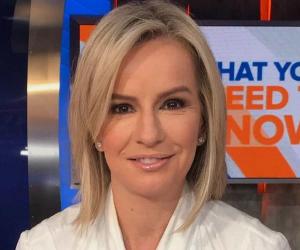
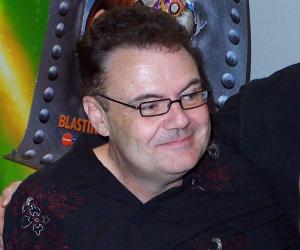
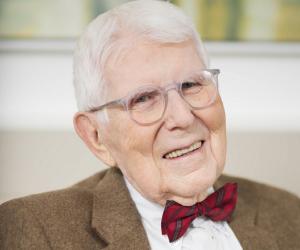
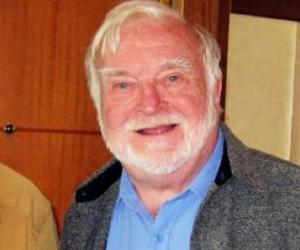
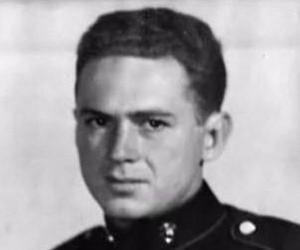
Robert Leckie was an American writer and US Marine. He is best remembered for authoring sports books, children's books, autobiographies, fiction books, and books about the history of the United States military. One of Robert Leckie's memoirs, Helmet for My Pillow, became the basis for the popular war drama miniseries The Pacific.
René Gerónimo Favaloro was an Argentine educator and cardiac surgeon. He is best remembered for his work on coronary artery bypass surgery. Favaloro is credited with establishing the Favaloro Foundation in an attempt to emulate Cleveland Clinic. He is also credited with founding the Basic Investigation Laboratory, which was financed with his own money.
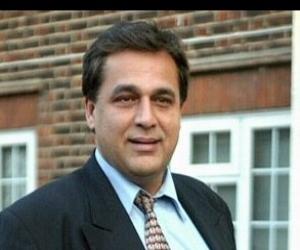
Better known as former lover of Princess Diana, British-Pakistani cardiac surgeon Hasnat Khan was once described by the late princess as “Mr Wonderful.” He had first met Diana at the Royal Brompton Hospital, where the princess had gone to visit a friend. Hasnat is a distant relative of Imran Khan.
Remembered as a medical pioneer and a much-loved mentor, Alfred Blalock is especially noted for his work on traumatic and hemorrhagic shock, which saved thousands of lives during WWII. Working with Vivien Thomas and Helen Taussig, he also developed the Blalock-Thomas-Taussig shunt. Designed to treat children with Blue Baby Syndrome, it ushered a revolution in the field of cardiac surgery.
Paul Farmer was a medical anthropologist and physician, who was a co-founder of Partners In Health (PIH), an international non-profit organization. He was a proponent of liberation theology and wrote extensively on health and human rights.
Frantz Fanon was a French-West Indian born in Martinique, a former French colony. A skilled psychiatrist and physician, he realized the impact of colonialism on the human mind while treating French soldiers and Algerians. The author of books such as The Wretched of the Earth, Fanon supported the Algerian independence movement.
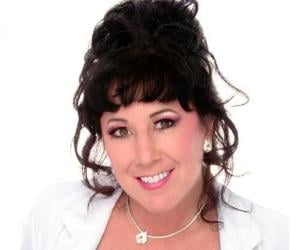
Annie Sprinkle is an American sexologist who supports sex work and healthcare. Sprinkle, who identifies herself as ecosexual, works as a feminist stripper, sex educator, pornographic actress, and sex-positive feminist. She is credited with popularizing lesbian pornography and the post-porn movement.

Magdi Yacoub is a retired professor who worked at Imperial College London. He is best known for his work in repairing heart valves, a procedure which came to be known as the Ross-Yacoub procedure. In 1983, he performed the United Kingdom's first combined lung and heart transplant. Also a humanitarian, Yacoub co-founded the Magdi Yacoub Global Heart Foundation in 2008.
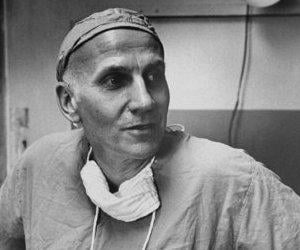
Psychiatrist R. D. Laing was known for his different perspective on mental illnesses, particularly psychosis. Known as anti-psychiatry, his theory of resolving mental ailments opposed the age-old shock therapy. His written works include The Divided Self. He was also a talented poet and had fathered 10 children by four women.
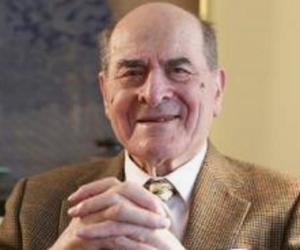
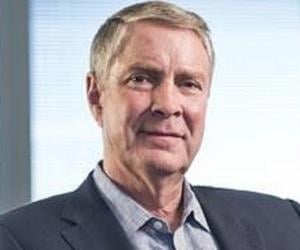
Cesare Lombroso was an Italian criminologist, phrenologist, and physician. He founded the Italian School of Positivist Criminology at the end of the 19th century. Initially an army surgeon, he later became a professor of forensic medicine and hygiene. His works drew from the concepts of physiognomy, degeneration theory, and psychiatry. Later in life, be became interested in spirituality.
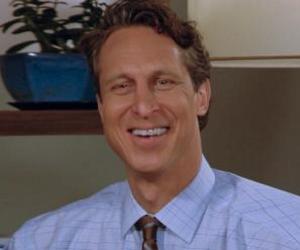
Mark Hyman is an American physician and writer. He is credited with founding The UltraWellness Center where he also serves as the medical director. Hyman has contributed as a columnist for The Huffington Post and has co-authored a New York Times best-selling book titled The Daniel Plan. Since 2004, he has been serving as Bill and Hillary Clinton's medical adviser.
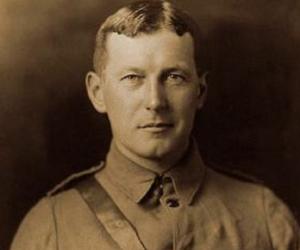
Best known for his iconic war poems such as In Flanders Fields, Canadian poet John McCrae was also an army physician. He was the first Canadian to serve as a consulting surgeon for the British Army and had earned the rank of Lieutenant Colonel in the Canadian Army.
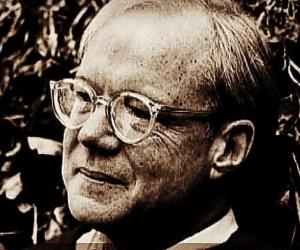
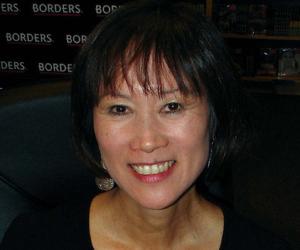
Fe del Mundo was a Filipina paediatrician who achieved international recognition in 1977 when she was honored with the prestigious Ramon Magsaysay Award for Public Service. In 1980, she was named National Scientist of the Philippines, becoming the first woman to be named so. Del Mundo is credited with founding Philippines' first pediatric hospital.
Rita Levi-Montalcini was an Italian neurologist whose discovery of nerve growth factor earned her the 1986 Nobel Prize in Physiology or Medicine. Throughout her life, Levi-Montalcini's work in neurobiology earned her several other honors and awards, including the Golden Plate Award from the American Academy of Achievement and the European Academy of Sciences' Leonardo da Vinci Award.
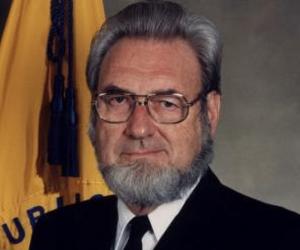
C. Everett Koop was a pediatric surgeon and public health administrator who served as the 13th Surgeon General of the United States under President Ronald Reagan. Previously, he had been a vice admiral in the Public Health Service Commissioned Corps. He was well-known for his support of the rights of children with disabilities and his work with AIDS patients.

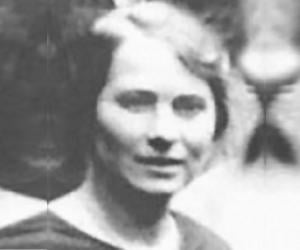
Sabina Spielrein was a Russian physician who also worked as a psychoanalyst, psychiatrist, and teacher during an illustrious professional career that spanned 30 years. A pioneer of psychoanalysis, Spielrein was the first person to bring in and popularize the concept of the death instinct. Sabina Spielrein was also one of the earliest psychoanalysts to study schizophrenia in detail.
